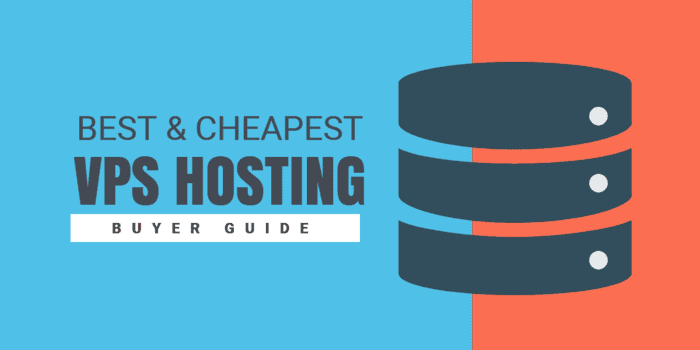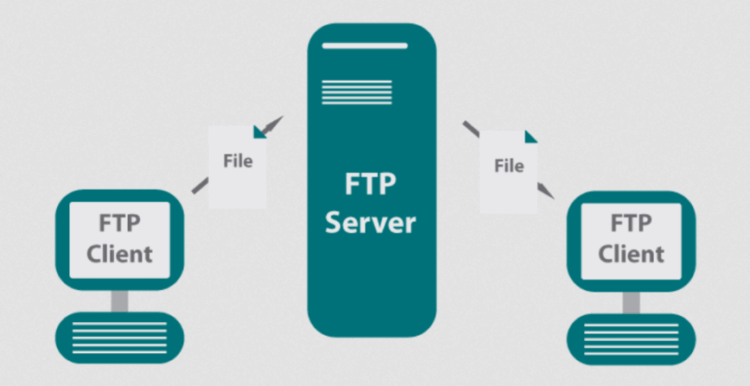Cheap VPS hosting offers an affordable yet powerful solution for website owners looking to upgrade their hosting services. Dive into the world of Virtual Private Servers and discover how you can enhance your website's performance without breaking the bank.
As we delve deeper into the realm of cheap VPS hosting, you'll uncover essential tips, factors to consider, and comparisons between providers to help you make an informed decision for your website.
.
Understanding VPS (Virtual Private Server)
A Virtual Private Server (VPS) is a virtualized server that mimics a dedicated server within a shared hosting environment. It offers more control, customization, and security compared to traditional shared hosting.Differences from Shared Hosting
- Resource Allocation: In shared hosting, resources like CPU, RAM, and storage are shared among multiple websites, leading to potential performance issues. VPS provides dedicated resources for better performance.
- Isolation: With a VPS, each website is isolated from others on the server, enhancing security and preventing one site from affecting others in case of issues.
- Customization: VPS allows users to install and configure software, control server settings, and even choose the operating system, providing greater flexibility.
Benefits of Using a VPS
- Improved Performance: Dedicated resources ensure faster loading times and better overall performance for websites.
- Enhanced Security: Isolation and customization options help in securing websites and data from potential threats.
- Scalability: VPS can easily accommodate growing websites by allowing users to scale resources up or down as needed.
Key Features of a VPS
- Root Access: Users have full control over the server environment, enabling them to make changes and install software without restrictions.
- Virtualization Technology: VPS utilizes virtualization to partition physical servers into multiple virtual servers, ensuring resource allocation and isolation.
- Dedicated Resources: Each VPS comes with dedicated CPU, RAM, and storage, eliminating competition for resources among websites.
Factors to Consider When Choosing a Cheap VPS
When selecting a VPS provider, there are several key factors that you should consider to ensure you get the best value for your money. From server location to resources like CPU, RAM, and storage, each aspect plays a crucial role in determining the performance and reliability of your VPS.Server Location and Performance
The location of the VPS server can have a significant impact on the performance of your website or application. Choosing a server location that is geographically close to your target audience can help reduce latency and improve loading times. Additionally, certain locations may offer better network connectivity and infrastructure, further enhancing the overall performance of your VPS.Importance of CPU, RAM, and Storage
- CPU: The processing power of the CPU determines how quickly your server can execute tasks and handle incoming requests. Opt for a VPS provider that offers a powerful CPU to ensure smooth performance, especially for resource-intensive applications.
- RAM: Random Access Memory (RAM) is essential for running multiple applications simultaneously and handling large amounts of data. Adequate RAM ensures that your VPS can operate efficiently without experiencing slowdowns or crashes.
- Storage: The amount and type of storage provided by your VPS plan are crucial for storing data, files, and configurations. SSD storage is preferable for faster read/write speeds, improving overall performance and responsiveness.
Comparing Cheap VPS Providers
When it comes to choosing a cheap VPS provider, it's essential to compare different options to find the best fit for your needs. Let's take a closer look at how various VPS providers stack up in terms of pricing, features, and overall reputationPricing and Features Comparison
- Provider A: Offers the lowest monthly rate, but with limited storage and bandwidth.
- Provider B: Slightly higher pricing, but includes more storage and better performance.
- Provider C: Mid-range pricing with additional features like automatic backups and 24/7 customer support.
Additional Services and Add-Ons
- Provider A: Offers add-ons such as SSL certificates and domain registration at an extra cost.
- Provider B: Includes free site migration and a website builder tool with their VPS plans.
- Provider C: Provides a free domain name with annual subscription and advanced security features.
Customer Reviews and Ratings
- Provider A: Receives mixed reviews, with some customers praising the affordability while others complain about uptime issues.
- Provider B: Highly rated for customer service and performance, but some users mention occasional slowdowns during peak hours.
- Provider C: Known for excellent uptime and reliability, with customers highlighting the easy-to-use control panel and responsive support team.
Tips for Optimizing a Cheap VPS
When working with a budget-friendly VPS, it's essential to make the most out of its performance without breaking the bank. Here are some strategies for optimizing your cheap VPS:Regular Maintenance and Updates
One of the most crucial aspects of optimizing a cheap VPS is to ensure regular maintenance and updates. This includes keeping the operating system, applications, and security patches up to date. Regular maintenance helps improve performance and ensures the security of your VPS.Monitoring Performance and Security
- Utilize monitoring tools: Implement monitoring tools to keep track of the performance metrics of your VPS. This can help you identify any bottlenecks or issues affecting performance.
- Set up alerts: Configure alerts for critical performance thresholds or security breaches. This proactive approach can help you address issues before they escalate.
- Regular security audits: Conduct regular security audits to identify and address any vulnerabilities in your VPS. This helps in maintaining a secure environment for your applications and data.










